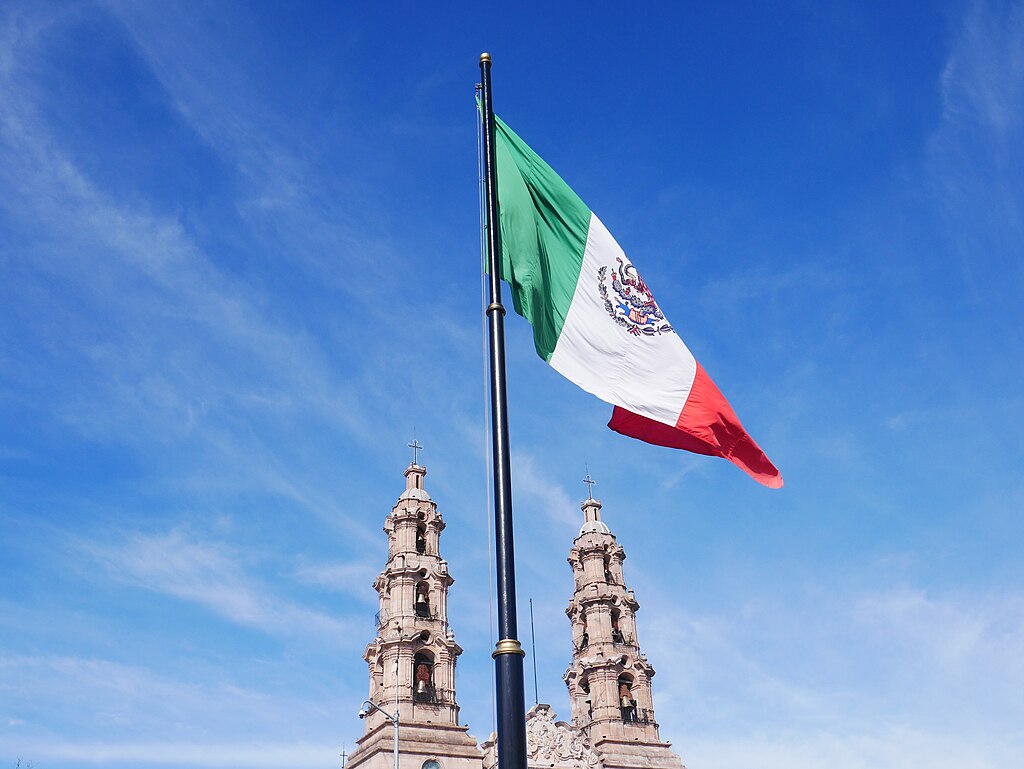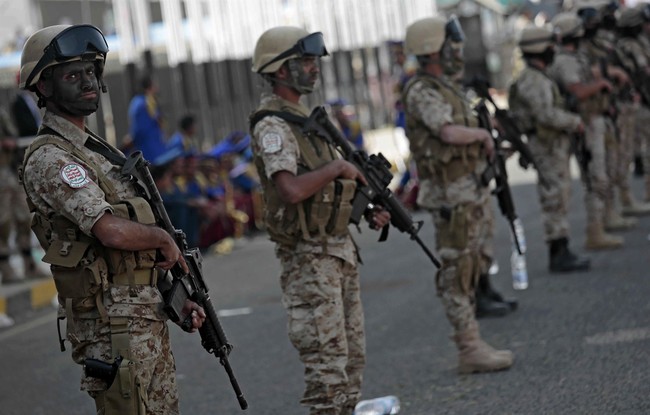Ex-Lebanese Bank Chief Salameh Arrest Stirs Controversy
Riad Salameh, former Governor of Banque du Liban, faces multiple allegations of severe financial misconduct, raising questions about corruption and judicial integrity in Lebanon.
Published September 04, 2024 - 00:09am

Image recovered from tass.com
The apprehension of Riad Salameh, the erstwhile governor of Banque du Liban, has sent shockwaves through Lebanon and beyond. Detained following an interrogation at the Beirut Office of Prosecutor, Salameh faces several charges, including financial fraud, money laundering, embezzlement, and unlawful receipt of commission fees. This marks a significant moment in Lebanon's ongoing struggle with financial irregularities and corruption.
Riad Salameh's arrest comes after years of persistent accusations of financial misdemeanors, both domestically and internationally. The accusations are severe, alleging that Salameh exploited his position over his 30-year tenure as central bank governor to accrue significant personal wealth through illicit means. His final months in office were particularly contentious, with Germany issuing an arrest warrant for him on corruption charges in 2023.
Salameh's legal troubles are not confined to Lebanon. He is under investigation in France, Germany, Luxembourg, Monaco, and Belgium, accused of laundering hundreds of millions of dollars. The breadth of these investigations underscores the international dimension of the alleged financial crimes, signaling a rare example of cross-border judicial cooperation.
The specific charges against Salameh are detailed and extensive. They include embezzling funds exceeding $40 million from Banque du Liban and engaging in fraudulent transactions with Optimum Invest, a Lebanese brokerage firm. Judicial sources indicate that these transactions, conducted between 2015 and 2018, involved buying and selling treasury bonds and certificates of deposit to reap substantial commissions.
Despite the gravity of the charges, Salameh and his legal representatives have consistently denied any wrongdoing. This steadfast denial continued even as Salameh was subjected to precautionary detention for four days, pending further judicial proceedings. The credibility of the judicial process, often criticized for political influence and inefficacy, is now under stringent scrutiny.
Optimum Invest, at the center of the allegations, maintains that an audit conducted in late 2023 found no evidence of wrongdoing in its dealings with the central bank. Reine Abboud, CEO of Optimum, expressed surprise at the developments, noting that the company had no prior notice of Salameh's arrest and learned of it through media reports.
Salameh's case is further complicated by separate allegations involving Forry Associates, a firm allegedly controlled by his brother, Raja. Both brothers are accused of embezzling $330 million in public funds through illicit commissions. This complex web of charges highlights systemic issues within Lebanon's financial and judicial systems.
The arrest also sheds light on the broader context of Lebanon's financial collapse. Once regarded as a steward of the country's post-civil war financial recovery, Salameh's tenure and subsequent fall mirror the demise of Lebanon's economic infrastructure. The nation's banking sector, now subject to intense scrutiny from international bodies like the Financial Action Task Force (FATF), faces the threat of being placed on a gray list that necessitates additional regulatory oversight.
The Lebanese government's response to Salameh's arrest has been cautious. Caretaker Prime Minister Najib Mikati emphasized that the administration would not interfere with the ongoing judicial process. However, critics remain skeptical, pointing to the intricate connections between political elites and judicial appointments in Lebanon, which historically have hindered unbiased judicial action.
As Lebanon braces for an appraisal by the FATF, the handling of Salameh's case becomes even more critical. Diplomatic and judicial sources view his arrest as a possible effort to demonstrate the country's resolve in tackling financial crimes. How this complex case unfolds could significantly impact Lebanon's international standing and its broader efforts to combat systemic corruption.







